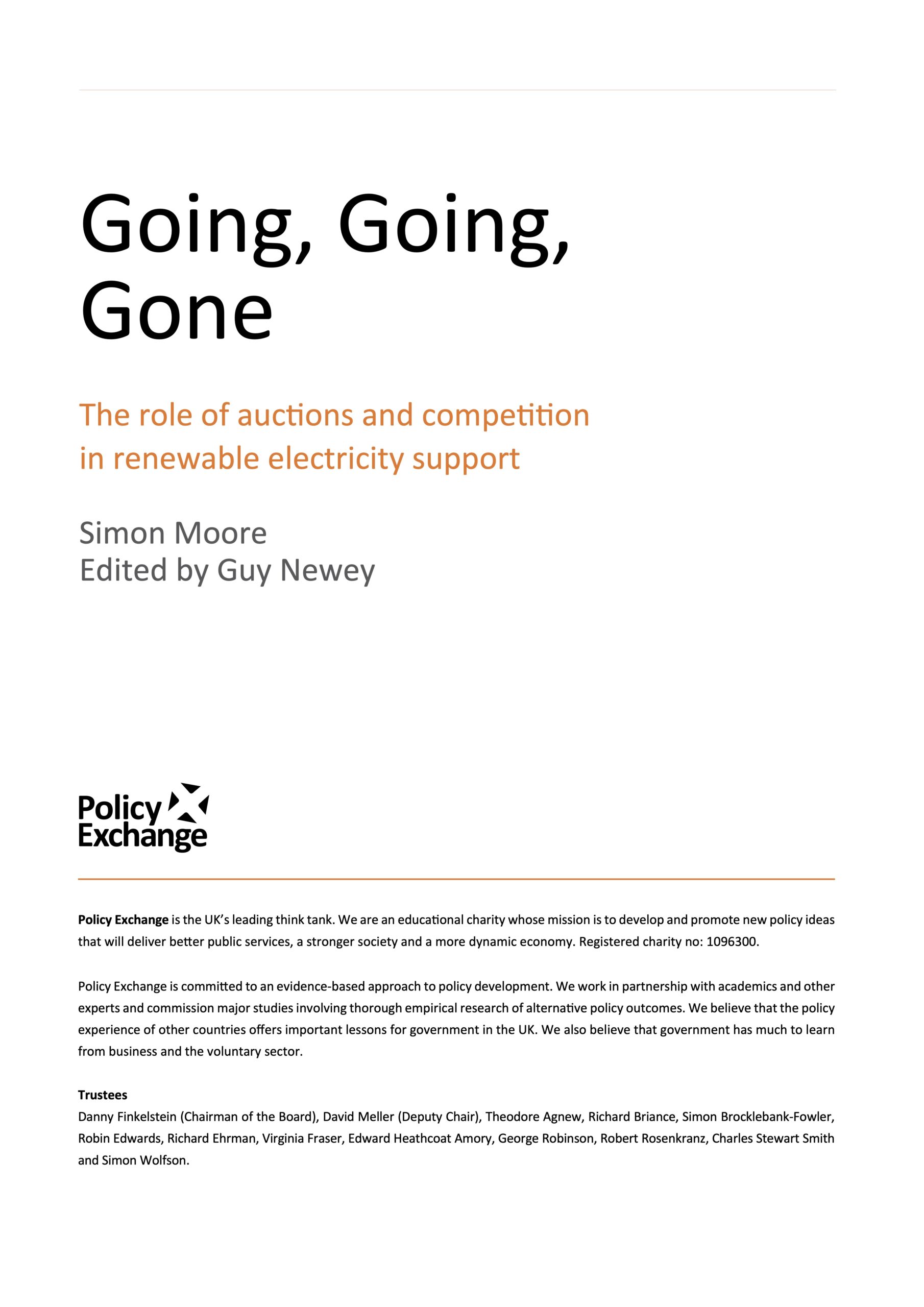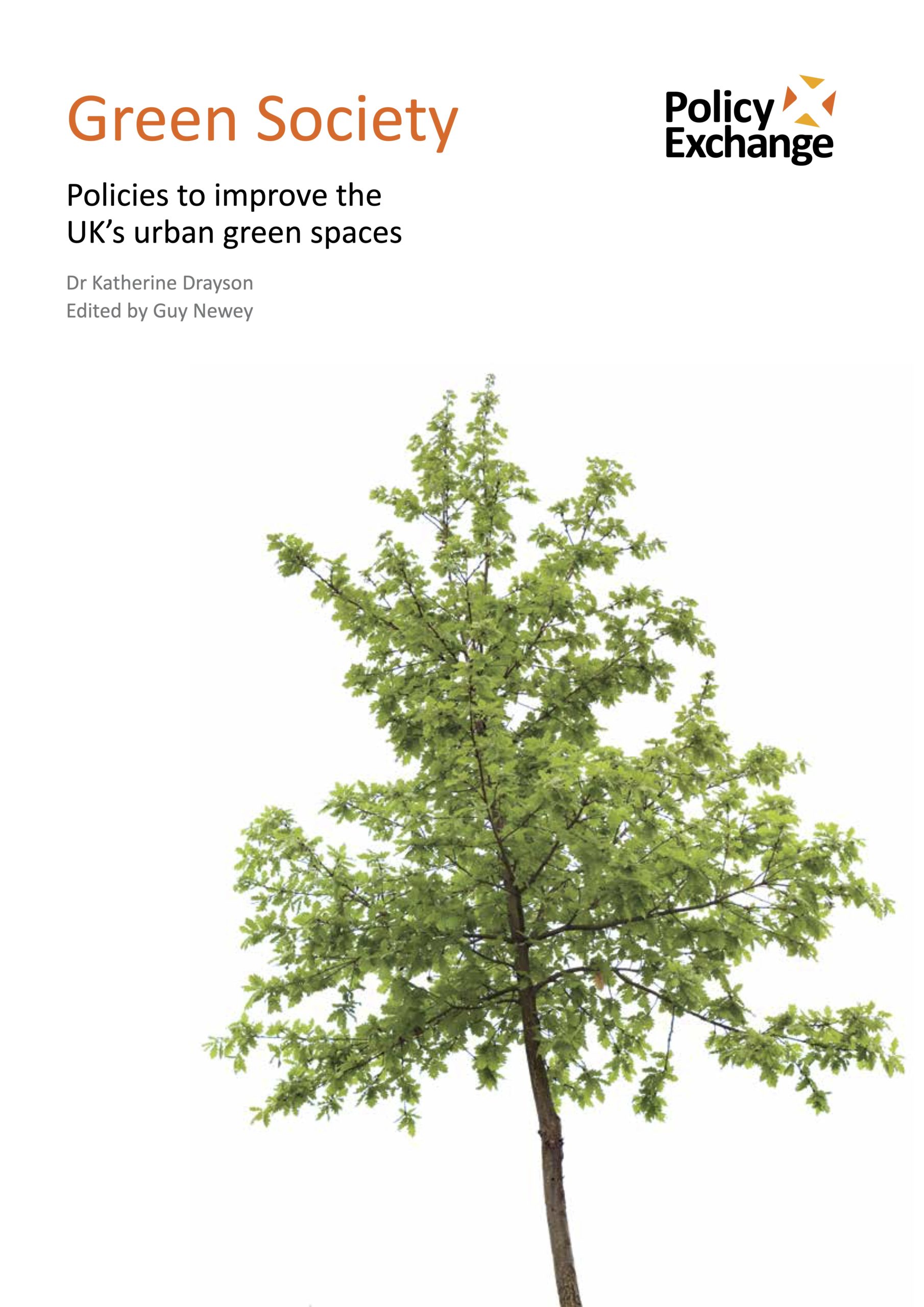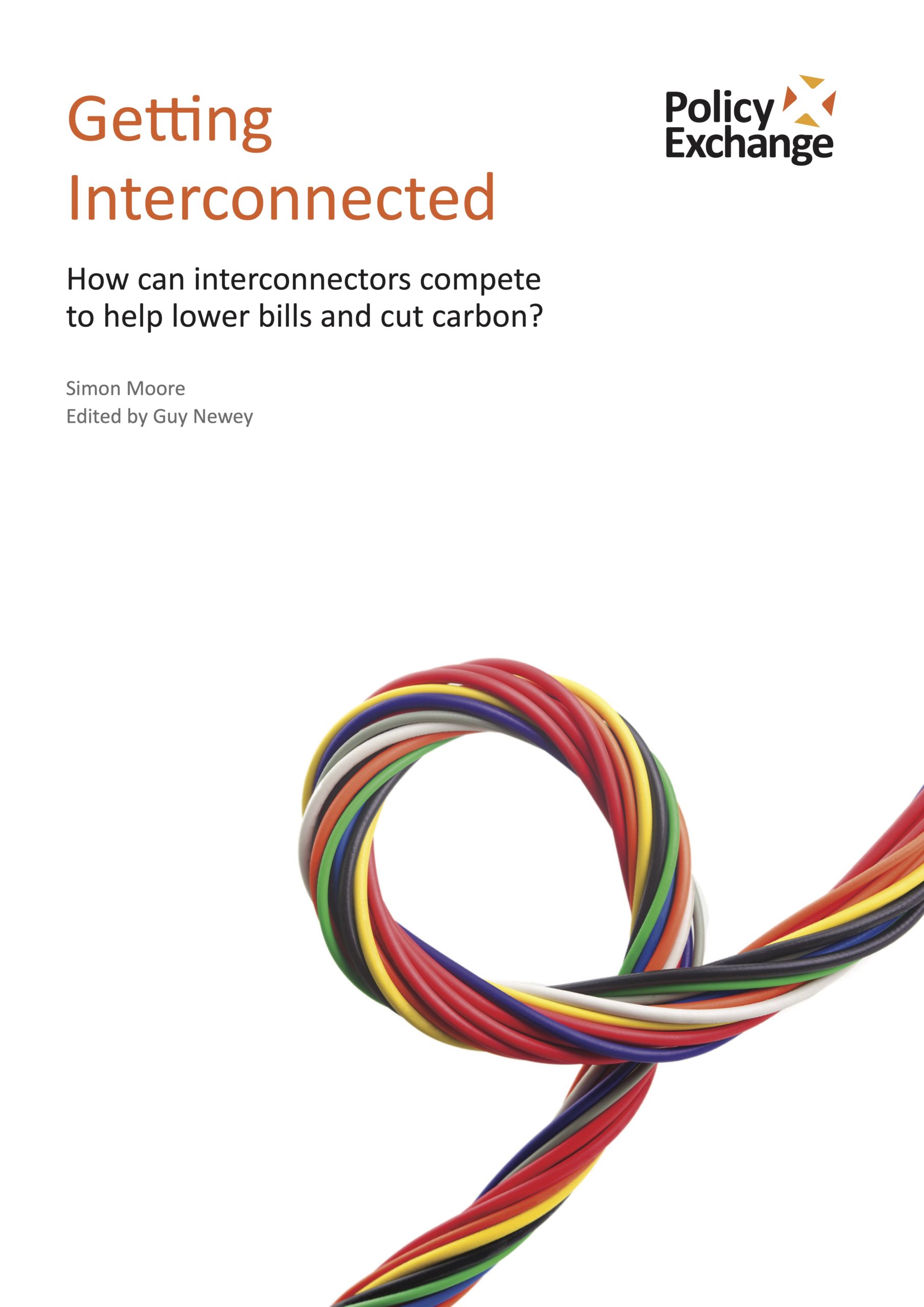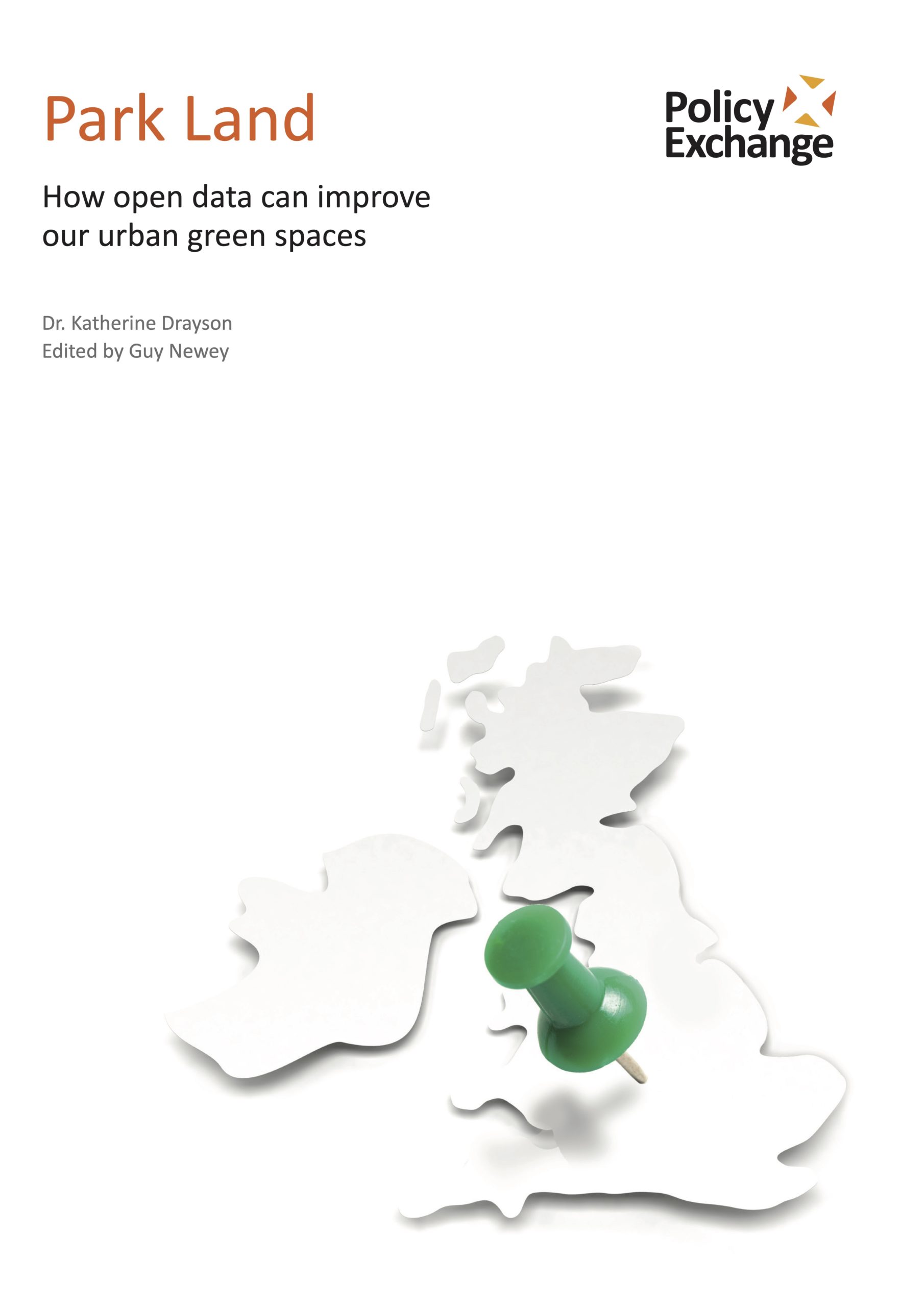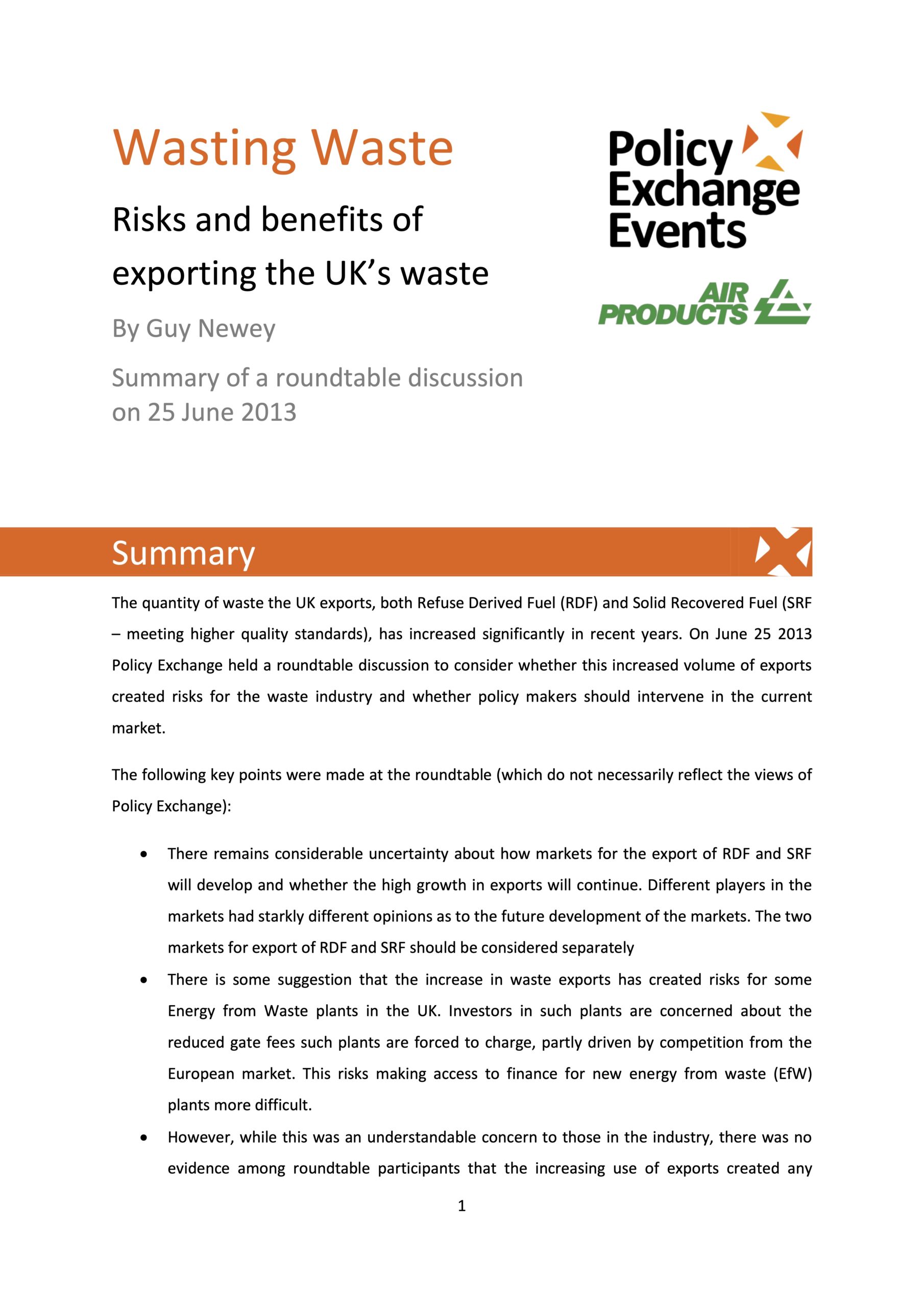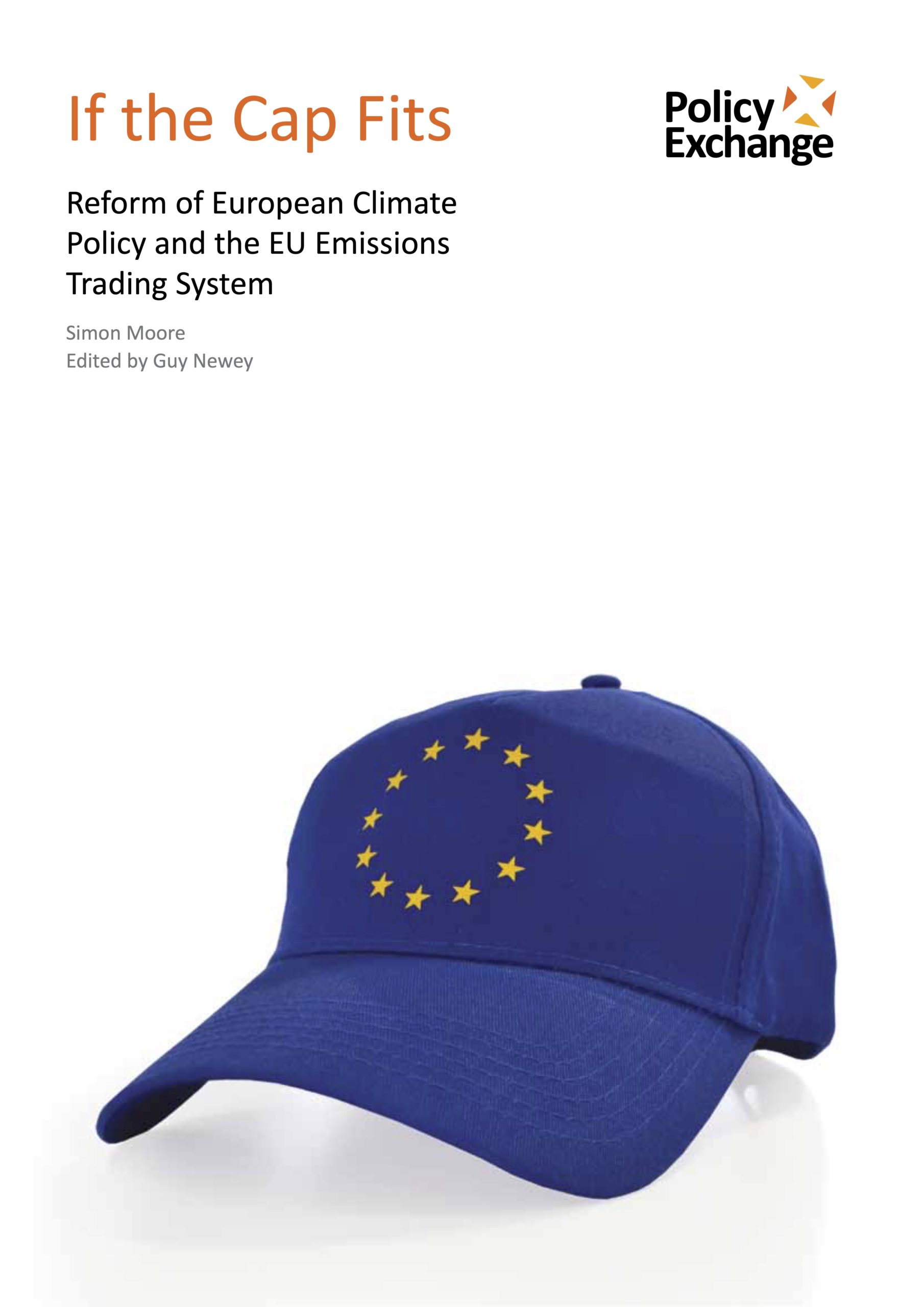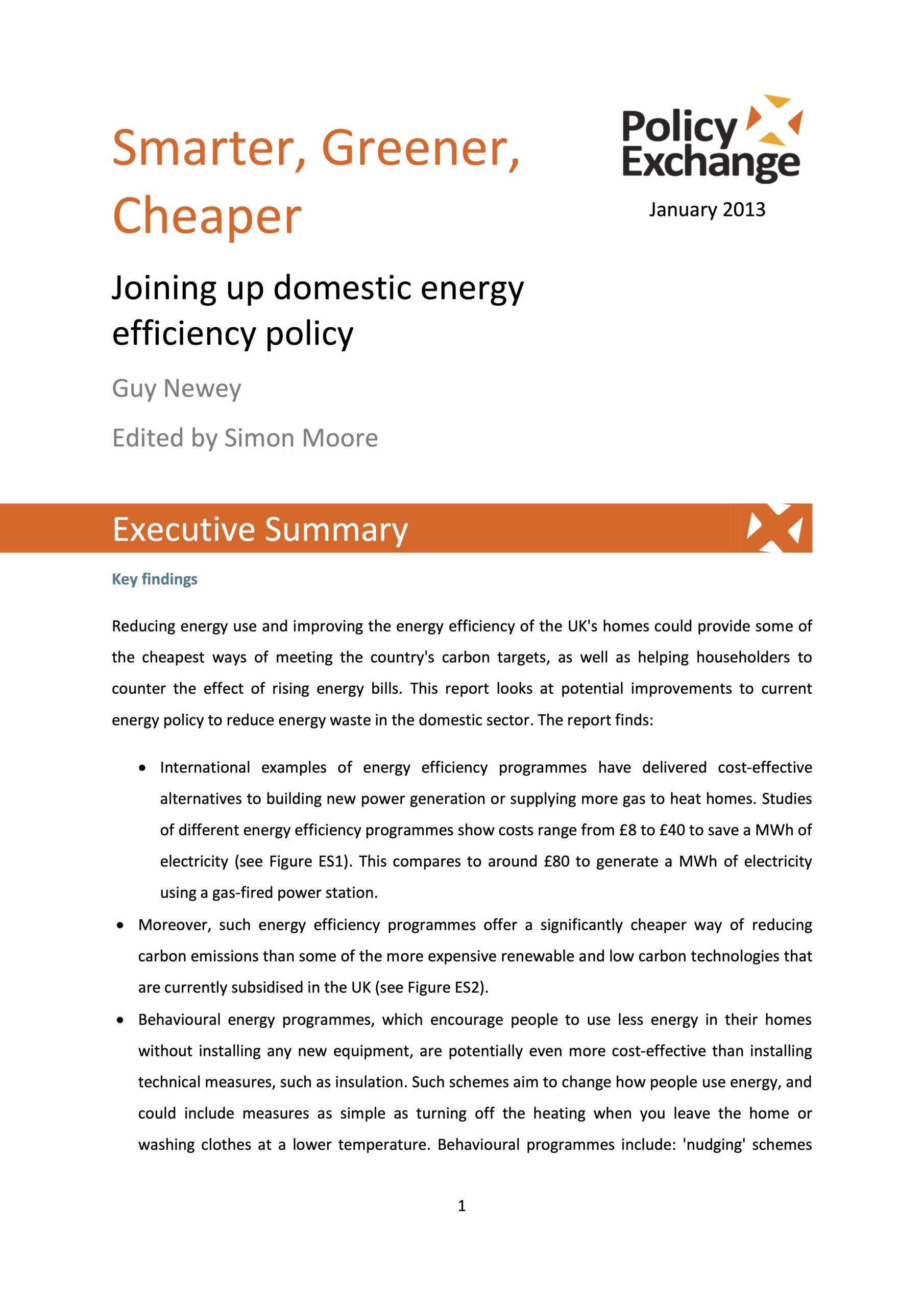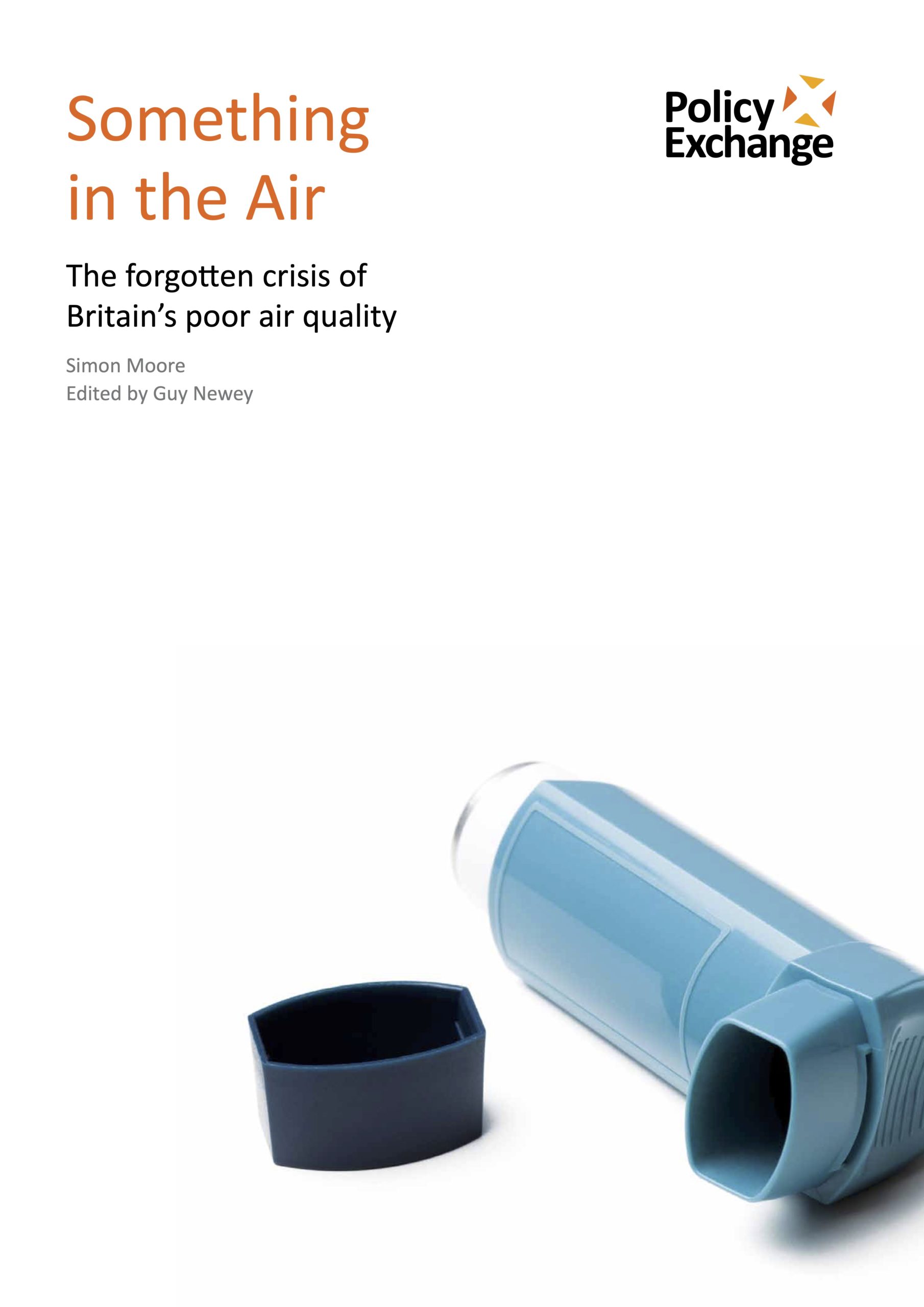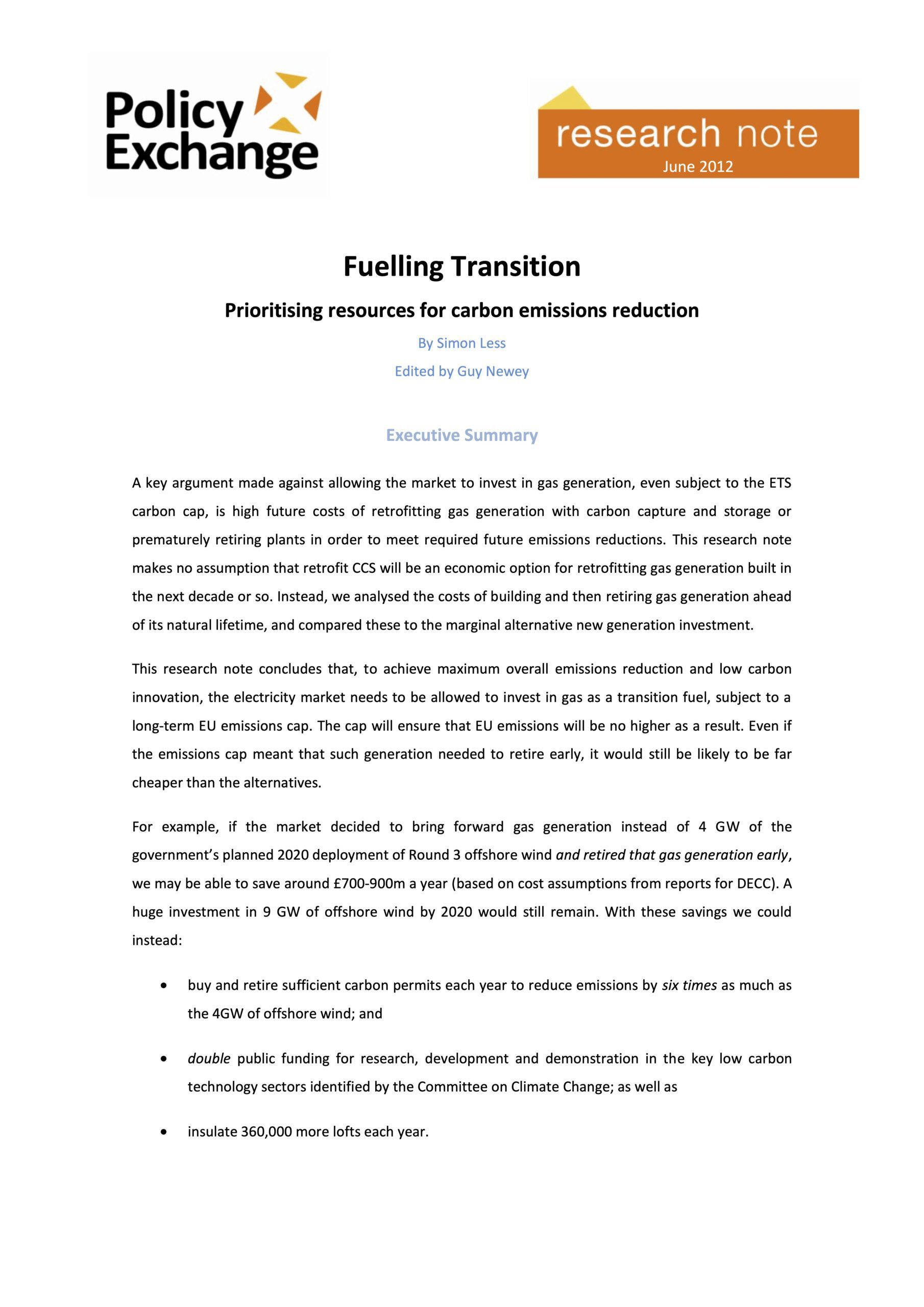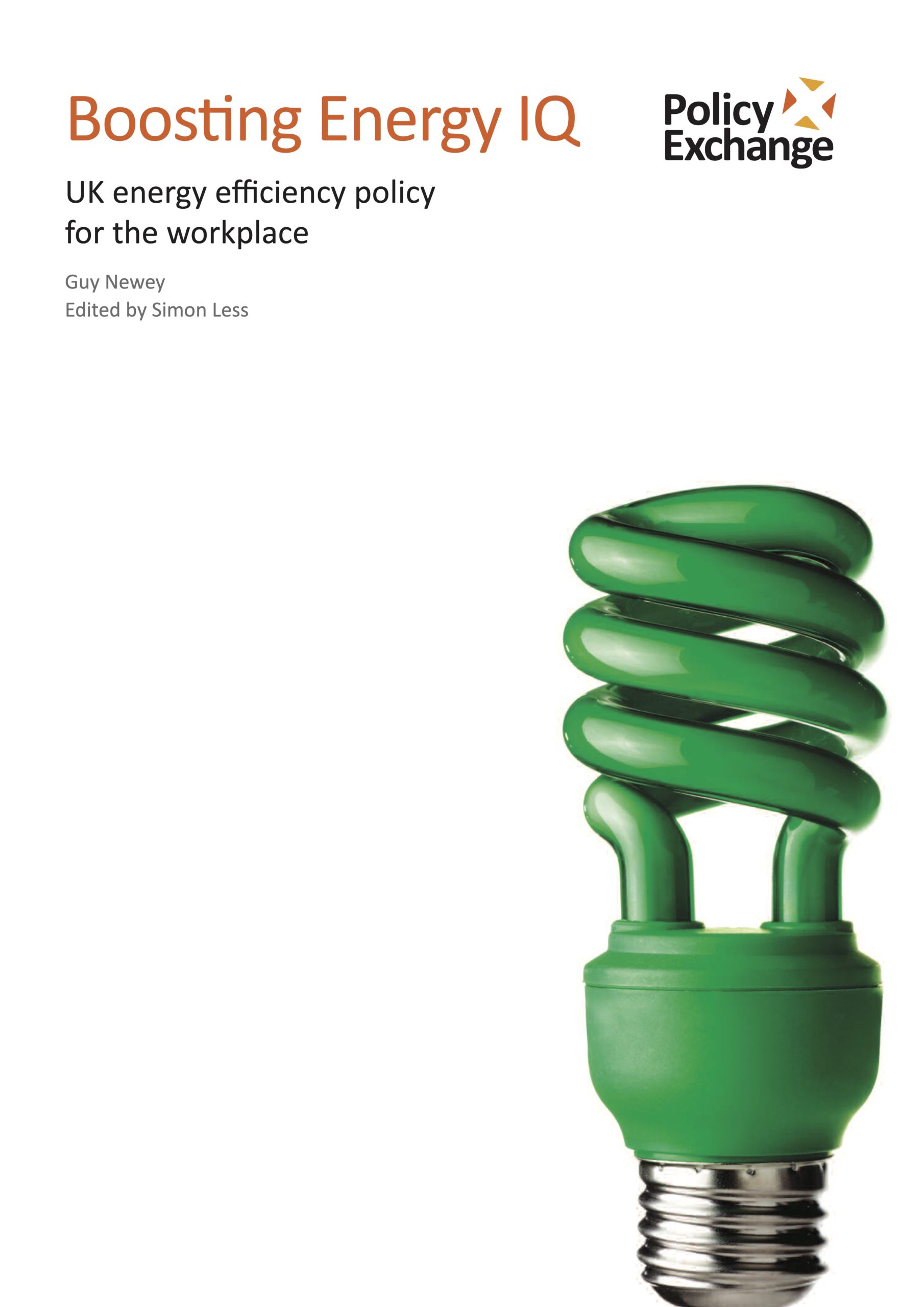Guy Newey
Head of Environment & Energy, 2010-2014
Guy is now Head of Policy at Ovo Energy.Guy was Head of Environment and Energy at Policy Exchange. Before joining Policy Exchange, he worked as a journalist, including three years as a foreign correspondent in Hong Kong. He has an MSc in Environmental Technology from Imperial College, London. His research interests include energy efficiency, renewable energy policy, biodiversity and changing energy behaviour.
This report calls for plans to introduce auctioning to enable all technologies to compete on a level playing field should be brought forward. It points to Brazil, where prices for onshore wind have dropped to world record lows since auctioning was introduced. If the UK can achieve a even a fraction of the results from Brazil, it would allow much greater decarbonisation for the available budget.
Parks and other urban green spaces are highly important to the social and economic wellbeing of the country. However, as local authority budgets have been squeezed, public funding of parks and open spaces has declined. In light of this, Green Society suggests a number of innovative ways to protect and improve the UK’s urban green spaces including the idea of a council tax rebate for local residents who volunteer to maintain nearby green spaces.
Connecting the UK to power stations in other countries could help bring down energy bills and meet our decarbonisation targets. Getting Interconnected shows that interconnectors could save British consumers as much as £1bn a year, as well as allowing access to zero-carbon electricity. The report calls for overseas generators to be allowed to compete for government subsidy in the new capacity market and endorses ways to ensure that revenue supports development of new interconnector links.
Britain's urban green spaces are coming under pressure, with financial and development constraints, coupled with a surprising lack of data, raising the possibility of a decline in the quantity and quality of our urban green spaces. Park Landcalls for a new freely-available national urban green space map for the UK to help make sure people living in cities have adequate access to good green spaces, test whether public money is being well spent and allow clever innovations in improving green spaces to be easily shared.
On 25th June 2013, Policy Exchange held a roundtable discussion to consider whether the increased volume of UK waste exports creates risks for the waste industry and whether policy makers should intervene in the current market. This publication is a summary of the remarks made at that event.
If the Cap Fits says that the Emissions Trading Scheme (ETS) is currently too weak, which could lead to a surge in new coal generation. It will also fail to meet the European Union’s own carbon reduction objectives. The paper argues that a more ambitious cap on Europe’s emissions is essential and makes recommendations for reform.
Households could reduce their gas and electricity bills by as much as £70 a year if they were allowed to compare each other’s energy bills. Smarter, Greener, Cheaper, shows there is evidence both internationally and in the UK that households cut the amount of energy they use when their energy use is compared to that of a more energy efficient neighbour.
Something in the Air shows that air pollution is Britain’s invisible environmental problem. It is comparable to obesity and alcohol and second only to smoking as a public health problem, but gets far less attention. Yet some government policies, such as encouraging diesel vehicles in cities, are making the problem even worse.
Fuelling Transition says the electricity market needs to be allowed to invest in gas as a transition fuel, subject to a long-term EU emissions cap. Extending the EU cap to 2035 would give greater certainty to investors, allowing the market to decide which technology has the most potential to deliver emission reductions at the cheapest cost.
Based on interviews with 22 energy experts and analysis of current policy, Boosting Energy IQ finds the UK's overlapping climate policies are unnecessarily complex. Moreover, they have created multiple carbon prices across the non-domestic sector. This risks making overall carbon reductions more expensive.
Policy Exchange's Head of Environment & Energy, Guy Newey, argues that unless the CMA inquiry into the energy retail market has clear political support at its outset for its outcomes and its remedies, it will be ineffective in achieving support in Westminster and among the wider public.
Guy Newey, Policy Exchange's Head of Environment & Energy, writes in response to RSPB Conservation Director Mark Avery's recent blog post criticising the concept of biodiversity offsetting. Guy argues that, contrary to Avery's assertions, offsetting is not driven by a belief that nothing should stand in the way of economic development, market forces can deliver, and the current planning system is not compensating for damage to the environment.
Guy Newey, Policy Exchange's Head of Environment & Energy, argues that the only way of overcoming political problems surrounding the introduction of a carbon tax, cap and trade system or renewable energy support system is by getting better at the politics.
Guy Newey, Policy Exchange's Head of Environment & Energy, notes that - despite Ed Miliband's recent attempts to cast himself as a monopoly-busting Teddy Roosevelt character - the UK energy market is more competitive than it has ever been (albeit, still dominated by a few big suppliers).
Guy Newey, Policy Exchange's Head of Environment & Energy argues that too many people in the energy sphere seek certainty where such certainty is impossible, and says that therefore the best way to approach the problems of climate change and low-carbon technology is to experiment.
Guy Newey. Head of Environment & Energy at Policy Exchange writes that the surprise measure of giving new homeowners a £1,000 grant to spend on energy efficiency measures may just work by giving people the 'nudge' they need to implement efficiency measures.
In the run up to the Autumn Statement, there is much political debate over the cost of green issues. Guy Newey, Head of Environment & Energy at Policy Exchange writes that those who care about the environment should not let climate change rows draw attention from wider, and related, environmental concerns.
Guy Newey, Head of Environment and Energy at Policy Exchange writes that the Government has missed a trick by not asking the Big Six to hold its prices until 2015, as was widely mistakenly reported. Governments often under-estimate their powers of persuasion, instead using legislation to threaten which leads to greater industry and public frustration.
Following Ed Miliband's pledge to freeze energy bills, Guy Newey, Policy Exchange's Head of Environment and Energy, examines what options government has to actually lower energy bills without abandoning green commitments. Guy draws up a list of 8 options, but highlights how complicated each approach is, and argues that government might have to concede the inevitability of rising energy prices whilst pledging to keep them as low as possible and protect those most vulnerable.
Guy Newey, Head of Environment & Energy at Policy Exchange criticises Ed Miliband's decision to freeze energy bills until 2017 if elected. By fixing prices, the government runs the risk of having energy companies set their bills too high, and means that low-carbon projects will be unlikely to get the funding they need from business.
Guy Newey, Policy Exchange's Head of Environment & Energy, outlines the possible explanations for the recently released ONS data that showed that energy consumption in UK homes fell by 25% between 2005 and 2011. Guy also examines what this means for low carbon policy, arguing that absolute reductions in energy use may actually be possible and awkward questions arise about where the cost of policy falls.
Guy Newey, Policy Exchange's Head of Environment & Energy, argues that while, on the face of it, now seems to be a pretty good time to be a green investor, the increased utilities prices that will result from the contracts for new power generation may mean that government support will not be sustainable.
Policy Exchange's Environment & Energy unit members Simon Moore and Guy Newey argue that Tim Yeo and Barry Gardiner's proposed electricity decarbonisation amendment to the Energy Bill is an unnecessary and potentially expensive commitment. They call for those who support action on climate change not to automatically support this amendment.
Guy Newey, Head of Environment & Energy at Policy Exchange, argues that public concern with energy bills means energy and climate policy will be a crucial battleground in the 2015 general election. The party that can come up with a convincing answer on gas and electricity bills, as well as wider cost of living concerns, will be in a strong position to win the next election.
Guy Newey, Head of Environment & Energy at Policy Exchange, sets out why Europe’s carbon trading system can be saved, but notes that it must avoid past renewables mistakes.
Guy Newey, Policy Exchange's Head of Environment & Energy, argues that if the EU is as serious as its say about climate change then it has to correct the flaws in the bloc's emissions trading scheme.
Guy Newey, Head of Environment & Energy at Policy Exchange, sets out findings from recent Policy Exchange reportSmarter, Greener, Cheaper, on ways households can be more energy efficient. Guy argues that the introduction of smart meters will help households monitor where they are using the most energy.
Guy Newey, Head of Environment & Energy at Policy Exchange, argues that Tim Yeo MP is wrong to call for the inclusion of a 2030 decarbonisation target for the electricity sector in the upcoming Energy Bill, warning of the problems with trying to set legislation according to long-term predictions.
Guy Newey, Policy Exchange's Head of Environment & Energy, sets out the challenges of providing certainty in the energy market, arguing that the government should try and balance the interests of investors with those of bill payers by making as few decisions as possible, as quickly as possible.
Guy Newey, Head of Environment & Energy at Policy Exchange, sets out why the government should not be backing winners and losers in the energy market.
Policy Exchange's Head of Envrionment and Energy unit Guy Newey argues that the government should start looking at offshore wind first if it wants to cut a subsidy to renewable energy.

